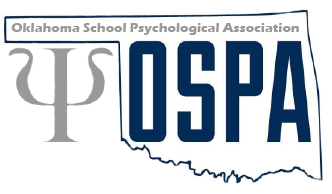A Career as a School PsychologistDemand for school psychologists is exceptionally strong and on the rise. As life has become more stressful, schools and communities have come under increasing pressure to provide mental health and instructional support for children and youth. Employment Prospects School psychologists will enjoy expanding job opportunities through 2022, according to the Bureau of Labor statistics (2014). They cite school psychologists with a specialist degree as among those having the best prospects. Employment Settings School psychologists are employed predominately in public schools (83.7%), although thousands work in other settings. These include colleges and universities (7.4%), private schools (6.2%), independent practice (3.5%), faith-based schools (2.5%), hospitals (0.8%), state departments of education (0.6%), and other settings (3.6%). Salaries The mean salary of full-time, school-based practitioners in the U.S. is $64,168 for those with 180-day contracts and $71,320 for those with 200-day contracts. The mean for university faculty is $77,801. Education For the total field, 45.8% of school psychologists have a specialist degree or certificate of advanced graduate degree; 25.1% a master's degree; and 24.2% a doctoral degree in school psychology. The vast majority of school psychologists (79.5%) completed 60 or more semester hours of graduate study in school psychology prior to entering the field. Credentialing The majority of school psychologists hold certification from a state department of education (86.7%). Thirty-four percent are licensed through a state board of psychology or similar agency. More than 13,400 school psychologists hold the credential of Nationally Certified School Psychologist (Rossen, 2014). References Bureau of Labor Statistics, U.S. Department of Labor. (2014). Occupational outlook handbook. Washington, DC: Author. Retrieved from http://www.bls.gov/ooh/life-physical-and-social-science/psychologists.html Castillo, J.M., Curtis, M.J., & Gelley, C. (2012). School Psychology 2010: Demographics, employment, and the context for professional practices–Part 1. Communiqué, 40(7), 1, 28-30. Retrieved from http://www.nasponline.org/publications/cq/40/7/school-psychology-demographics.aspx Rossen, E. (2014, July). The Nationally Certified School Psychologist (NCSP) credential: Number granted in the past year by institution and state and total active. Bethesda, MD: National Association of School Psychologists. Retrieved from http://www.nasponline.org/certification/ncsp_statistics_2013_2014.pdf Unless otherwise noted, the statistics on this page are from Castillo, Curtis, and Gelley (2012). These are national figures for school psychologists who are NASP members, and there is likely significant variability by state, school district, and so on. (Adapted from NASP) |
